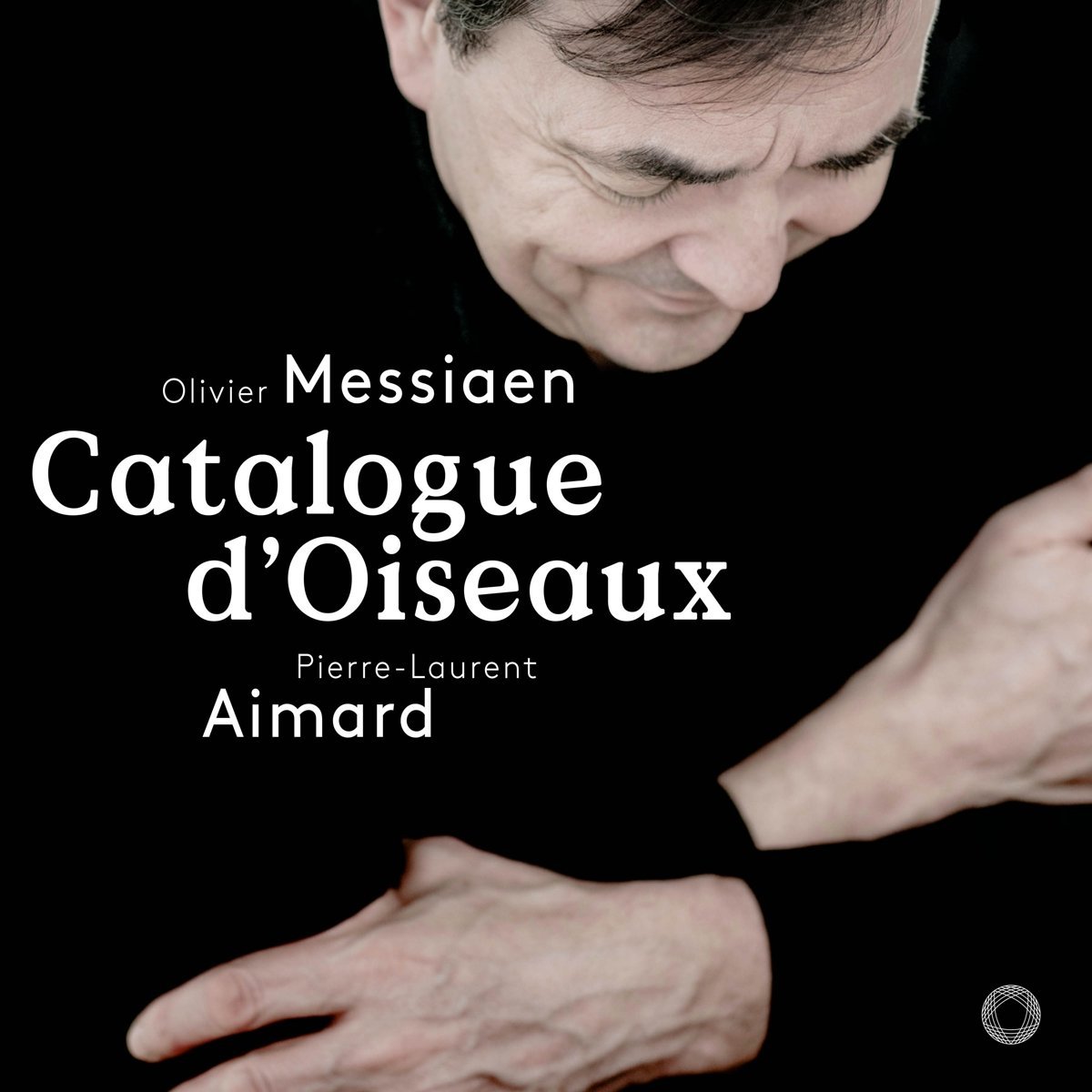 Messiaen: Catalogue d’Oiseaux Pierre-Laurent Aimard (Pentatone)
Messiaen: Catalogue d’Oiseaux Pierre-Laurent Aimard (Pentatone)
The title Catalogue d’Oiseaux suggests a dusty ornithological textbook. And Messiaen implied that all he’d done to compose this ear-tickling sequence of piano pieces was to sit down somewhere quiet and scribble down the birdsong within earshot. But, as Nigel Simeone’s excellent booklet essay points out, “birds don't sing to a conventional twelve-note chromatic scale, nor do they sing within the range of a piano.” Messiaen's birdsong transcriptions are best heard as brilliant reimaginings. Though the 13 movements are each named after individual birds, they're also depictions of the various French landscapes they inhabit. Over 70 different species are represented over 150 minutes. This work can take a while to work its spell, but Pierre-Laurent Aimard’s new version should have newcomers hooked within minutes.
Included are Messiaen’s own prefaces to each movement – each one a joy to read – and a bonus DVD featuring Aimard’s own intros, plus an interview. He's an articulate joy, outlining in simple terms the music's nuts and bolts. It's like having a private tutorial. Technically immaculate, he's also intensely musical: these pieces breathe and come alive in his hands. Numbers like L’Alouette Lulu dazzle, with warbler and nightingale sparring over a crepuscular background. Messaien’s occasional radiant outbursts are incandescent, and the foghorn in Le Courlis cendré which so startled David Nice when he reviewed Aimard's Aldeburgh Festival performance is alarmingly vivid. Listening to the whole cycle in a single sitting is a deeply moving experience, a poignant, loving “musical refuge”. And if you opt for the physical product over the download, look out for the feathers which Pentatone have smuggled into the box.
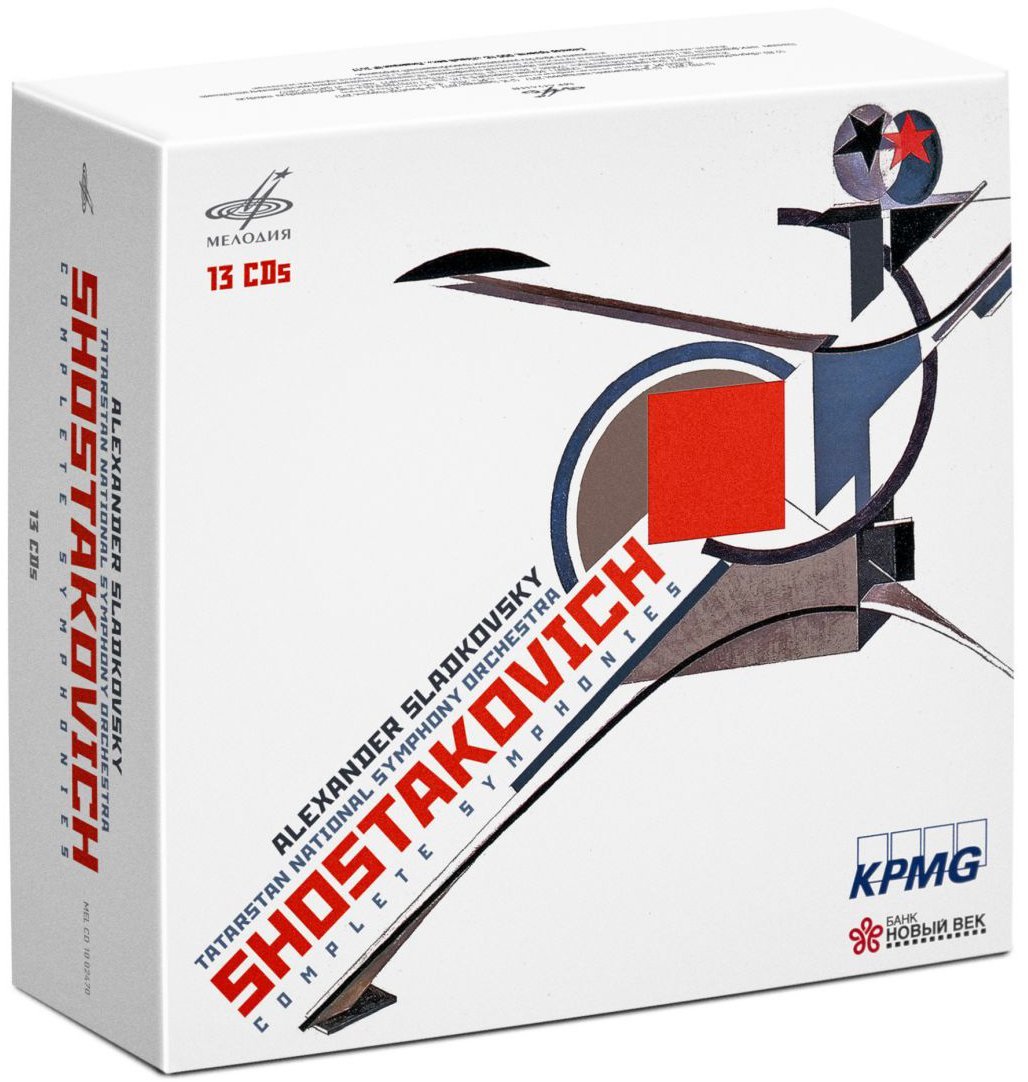 Shostakovich: Complete Symphonies Tatarstan National Symphony Orchestra/Alexander Sladkovsky, with Natalia Muradymova (soprano), Pyotr Migunov (bass), Masters of Choral Singing (Melodiya)
Shostakovich: Complete Symphonies Tatarstan National Symphony Orchestra/Alexander Sladkovsky, with Natalia Muradymova (soprano), Pyotr Migunov (bass), Masters of Choral Singing (Melodiya)
If you can find it, track down a legendary analogue cycle of Shostakovich symphonies taped in the 1970s with the Moscow Philharmonic and Kirill Kondrashin, performances of fierce intensity recorded at the height of the cold war. Gennadi Rozhdestvensky’s eccentrically balanced 1980s set was its digital successor, after which most Russian conductors have tackled these pieces with Western forces. Which makes this new box stand out, each symphony played by a Russian orchestra and conductor. Alexander Sladkovsky’s Tatarstan National Symphony Orchestra have already released a set of Shostakovich concertos. This follow-up is better still; it feels a little uncomfortable to write of ‘enjoying’ these symphonies, but I’ve lived with this cycle for several months now and it gets better and better with repetition. Analysing exactly why isn't too difficult: these are consistently satisfying performances, powerfully played and sumptuously recorded; this orchestra’s rich, dark sound feels utterly right for this repertoire. The performances are commendably sober and straight; there's never any sense of a particular agenda being pushed.
Listing all the highspots would require more column inches than this site can spare, but I’d challenge anyone not to be floored by Sladkovsky's No 10. The first movement’s flare up is terrifyingly visceral, but it's the slow winding down which really impresses: pale and exhausted but retaining just a smidgin of hope. Or the opening paragraph of No 6, capped by an appropriately strident trumpet solo. Winds and brass are stellar: sample the quicksilver scherzo of No 9 if you need convincing. Symphonies 4 and 5 impress, Shostakovich's debt to Mahler always apparent. This is an uneven sequence, though this team even kept me interested in the modernist rumblings of Symphonies 2 and 3. Even the patchy 12th whizzes by. Nos. 13 and 14 have outstanding vocal soloists: bass Pyotr Migunov sings with impressive weigh, matched by soprano Natalia Muradymova, forceful but never shrill. Only the sluggish opening to No 15 raised a quizzical eyebrow, though tension is restored in the remaining movements, Tatarstan’s percussionists excelling in the closing minutes. An impressive set – not the cheapest Shostakovich cycle available, but well worth the outlay.
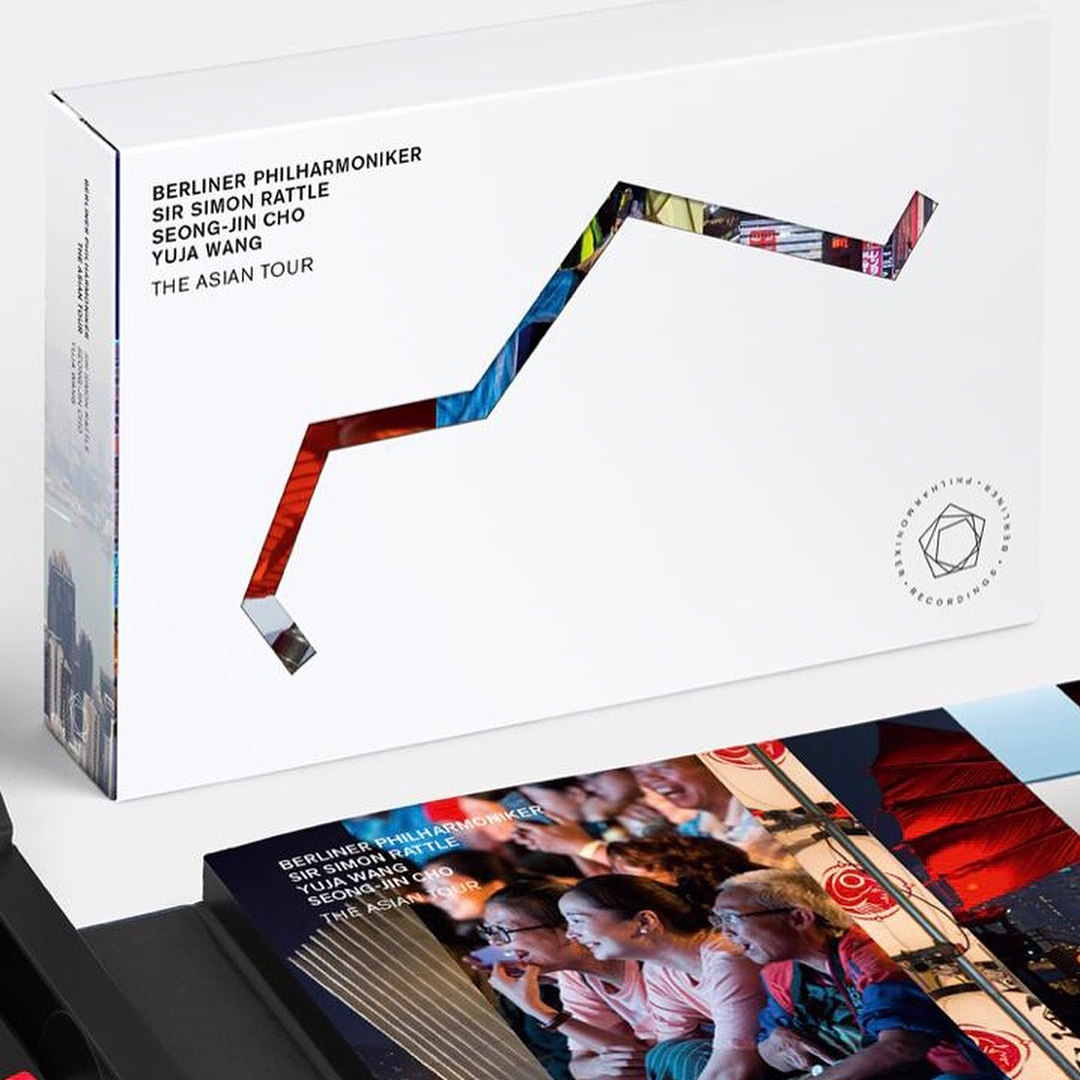 Berlin Philharmonic Orchestra/Sir Simon Rattle: The Asia Tour (Berliner Philharmoniker)
Berlin Philharmonic Orchestra/Sir Simon Rattle: The Asia Tour (Berliner Philharmoniker)
Simon Rattle’s previous live recordings on the Berlin Philharmonic’s own label have taken in Adams, Bach, Beethoven, Schumann and Sibelius. This volume, even more lavishly packaged than its predecessors, will presumably be the last. There are some wonderful things on it, but this is primarily an audio souvenir of two concerts given by the orchestra in Tokyo last November, plus Ravel’s Concerto in G taped just before departure in Berlin. Rattle’s well-upholstered performances of Brahms 4 and Strauss’s Don Juan provide plenty of sonic thrills without displacing leaner, tauter accounts, though both contain thrilling moments. The Strauss really hits its stride near the end, and the downbeat coda comes as a well-deserved shock. More consistently impressive is an affectionate reading of Rachmaninov's still underrated Symphony No 3. As with the Symphonic Dances, this is music on the cusp, a brash looking forward as well as a nostalgic backwards glance. There's a memorable passage just before the first movement recap, an anguished Bergian crie de coeur, all snarling brass and slithering string lines. You won't hear it sounding more alarming than it does here, and the middle movement’s fast central section is brilliantly pointed. Stravinsky's 1947 revision of Petrushka has long been a Rattle speciality, and this live performance justifies purchasing the whole set. It's phenomenally done, with some outstanding wind solos. Rattle never lets us forget that this is a ballet; you can smell the spit and sawdust.
Yuja Wang’s vibrant, feisty Bartok 2nd Piano Concerto is another treat: brilliantly coordinated and suitably earthy. Rattle’s strings are ravishing in the eerie, monochrome chorales which bookend the middle movement. We get Unsuk Chin’s Chorós Chordón, written for this tour and dominated again by this orchestra’s peerless string section. Beginning with imperceptible flickers and twitches, it grows, blossoms and abruptly returns to silence. Korean pianist Seong-Jin Cho throws in an enjoyable Ravel Concerto, aided by a leery trombone in the finale. All great fun. Orchestral encores are decent too – Dvořák’s Slavonic Dance No 2 is delicious, and the intermezzo from Puccini’s Manon Lescaut swoons. The bonus Blu-ray disc contains additional performances of the main works recorded in Hong Kong, Wuhan and Seoul, plus a mini-feature documenting the tour. Documentation is exemplary, and the recordings sound terrific.

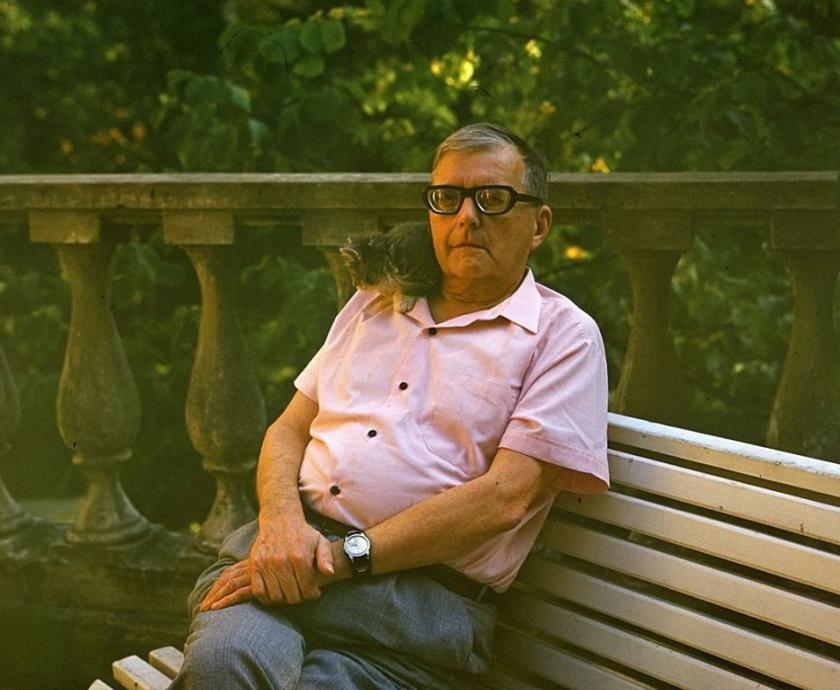

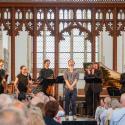
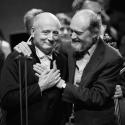









Add comment